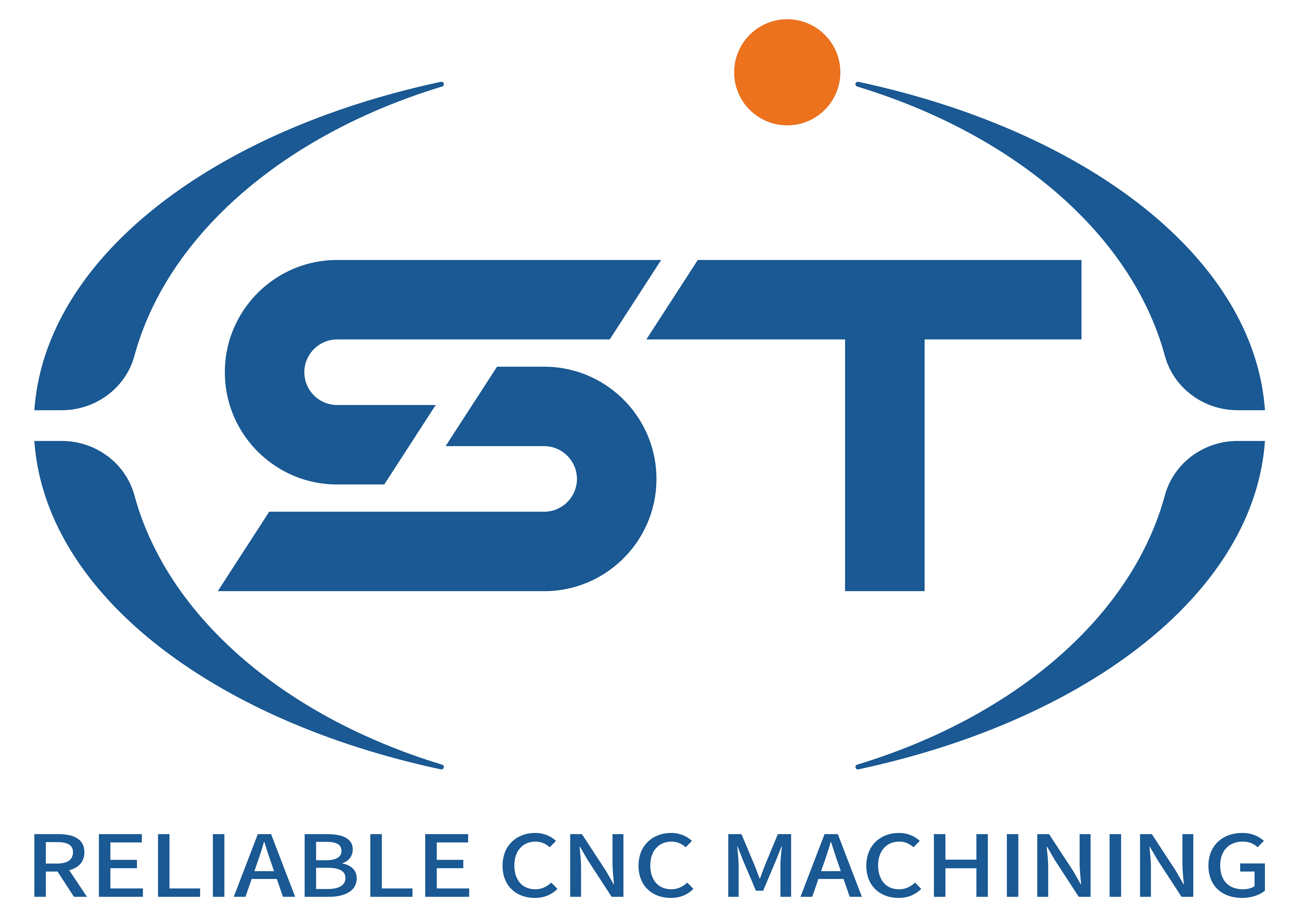Applications of Faites une demande maintenant ! Centers in Automotive Component Manufacturing
The automotive industry relies heavily on CNC machining centers to produce high-precision components with consistent quality, efficiency, and scalability. These advanced systems integrate multi-axis capabilities, automated tooling, and precision control to address the complex demands of automotive part production, from engine blocks to transmission components.
Table of Contents
ToggleHigh-Precision Machining of Engine Components
Engine components such as cylinder heads, crankshafts, and camshafts require micron-level accuracy to ensure optimal performance and longevity. CNC machining centers excel in producing these parts by leveraging multi-axis control and high-speed spindles to achieve tight tolerances and smooth surface finishes. For example, machining a cylinder head involves creating intricate port geometries and valve seats that must align precisely with pistons and valves. A 5-axis CNC machining center can rotate the workpiece to machine these features from multiple angles in a single setup, reducing alignment errors and improving flow dynamics for better engine efficiency.
Dynamic Tool Path Optimization for Complex Features
Automotive engine parts often feature complex geometries, such as helical gears in camshafts or undercut oil passages in crankshafts. CNC machining centers use advanced CAM software to generate dynamic tool paths that adapt to these features, ensuring consistent cutting conditions and minimizing tool wear. For instance, when machining a helical gear tooth, the software calculates the optimal tool engagement angle and feed rate to prevent chipping or excessive heat generation, which could compromise the part’s hardness and durability. This level of precision is critical for components subjected to high stress and repetitive motion in an engine.
Efficient Production of Transmission and Drivetrain Parts
Transmissions and drivetrains contain numerous components, such as gears, shafts, and housings, that must interlock seamlessly to transmit power efficiently. CNC machining centers streamline the production of these parts by combining turning, milling, and drilling operations in a single machine setup, reducing cycle times and improving part consistency. For example, manufacturing a differential housing involves roughing, finishing, and boring operations to create precise bearing surfaces and gear meshing points. A CNC machining center equipped with automatic tool changers and pallet systems can switch between operations rapidly, enabling continuous production without manual intervention.
Multi-Tasking Capabilities for Reduced Setup Times
To further enhance efficiency, many automotive CNC machining centers incorporate multi-tasking features, such as simultaneous 5-axis milling and turning or integrated measurement probes for in-process inspection. These capabilities allow manufacturers to machine multiple features of a drivetrain component, like a driveshaft, in one clamping, eliminating the need for repositioning and reducing the risk of dimensional errors. Additionally, in-process measurement systems can detect deviations early in the machining cycle, enabling real-time adjustments to maintain quality standards without scrapping parts.
Customization and Prototyping for New Vehicle Models
The automotive industry is constantly evolving, with new vehicle models requiring customized components that meet specific design and performance criteria. CNC machining centers play a crucial role in prototyping and low-volume production of these parts by offering flexibility in tooling and programming. For example, when developing a new suspension component, engineers can use a CNC machining center to quickly produce prototypes from lightweight materials like aluminum or composites, testing their fit and function before committing to mass production. This iterative process accelerates product development cycles and reduces costs associated with traditional prototyping methods.
Rapid Tooling Changes for Design Iterations
During the prototyping phase, design changes are common, and CNC machining centers facilitate quick adjustments by allowing rapid tooling changes and program modifications. Unlike dedicated transfer lines or hard-tooled stamping presses, which require significant downtime for retooling, a CNC machining center can switch between different part geometries by loading new CAM programs and selecting appropriate cutting tools from an automated magazine. This adaptability is invaluable for automotive manufacturers looking to bring new models to market faster while maintaining high quality standards.
Integration with Industry 4.0 for Smart Manufacturing
The rise of Industry 4.0 has transformed automotive CNC machining centers into smart systems capable of collecting and analyzing data to optimize production processes. By integrating sensors, IoT connectivity, and machine learning algorithms, these centers can monitor spindle loads, tool wear, and vibration levels in real time, predicting maintenance needs and preventing unplanned downtime. For example, a CNC machining center producing brake rotors might use vibration analysis to detect early signs of tool degradation, triggering an automatic tool change before surface finish quality deteriorates.
Digital Twin Technology for Process Simulation
Another key advancement is the use of digital twin technology, which creates a virtual replica of the CNC machining center and its processes. Automotive manufacturers can simulate machining operations, such as milling a complex engine block feature, to identify potential issues like tool collisions or excessive material removal before running the actual program. This proactive approach reduces waste and improves first-pass yield rates, ensuring that components like cylinder liners meet specifications on the initial attempt.
By leveraging their precision, flexibility, and connectivity, CNC machining centers have become indispensable in automotive component manufacturing, enabling the production of high-quality parts that meet the industry’s stringent demands for performance, reliability, and innovation.




